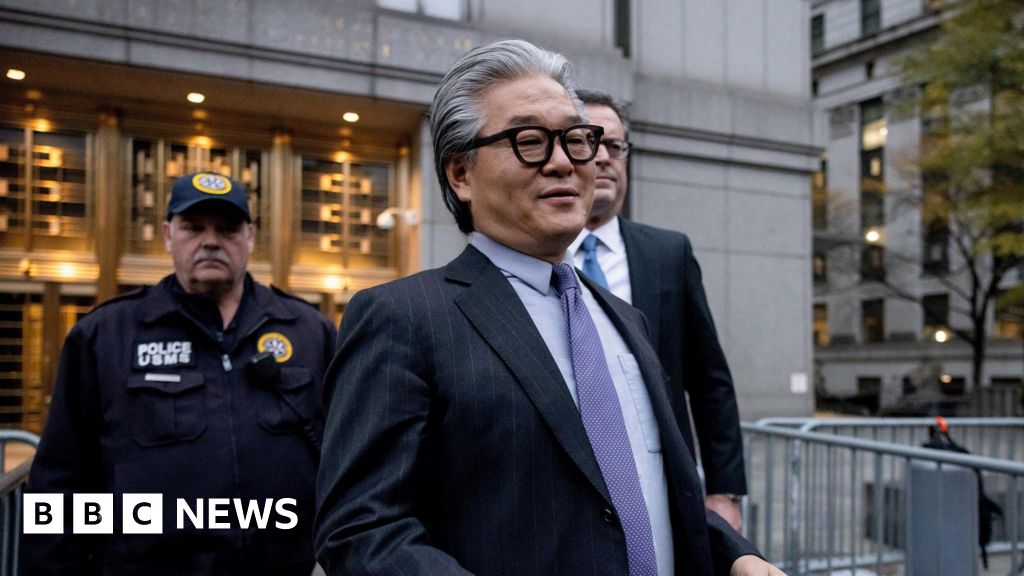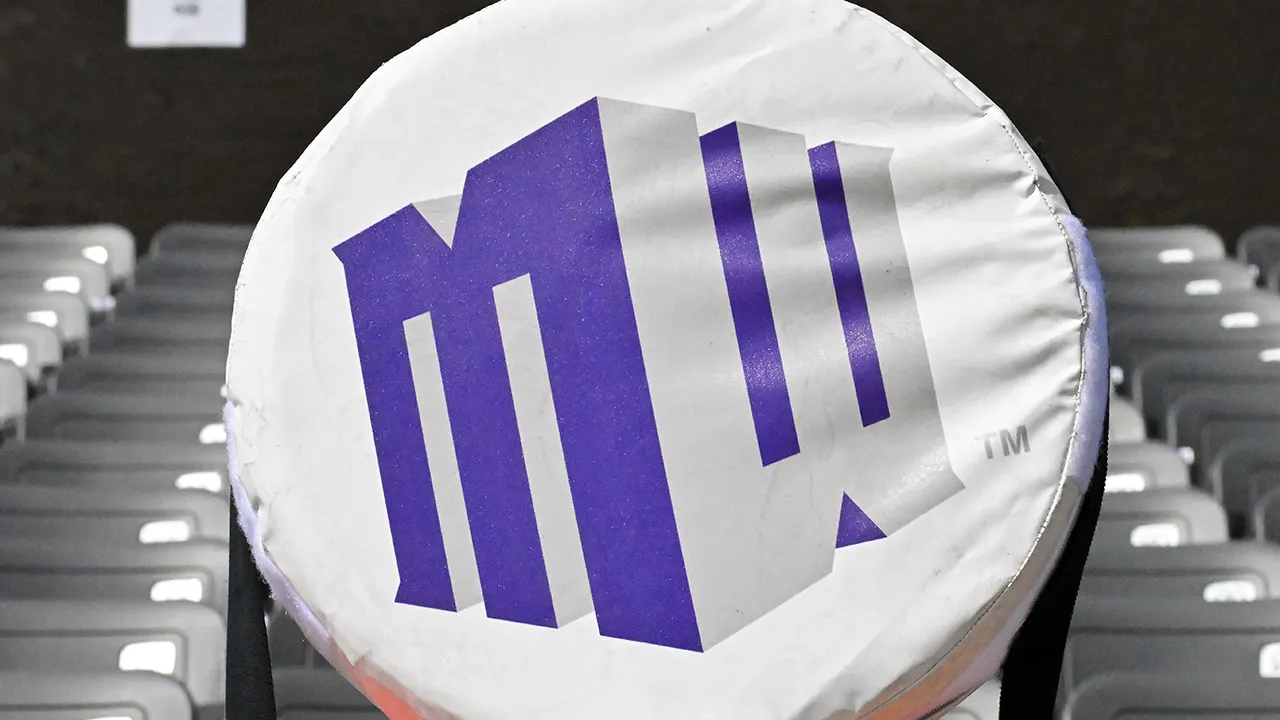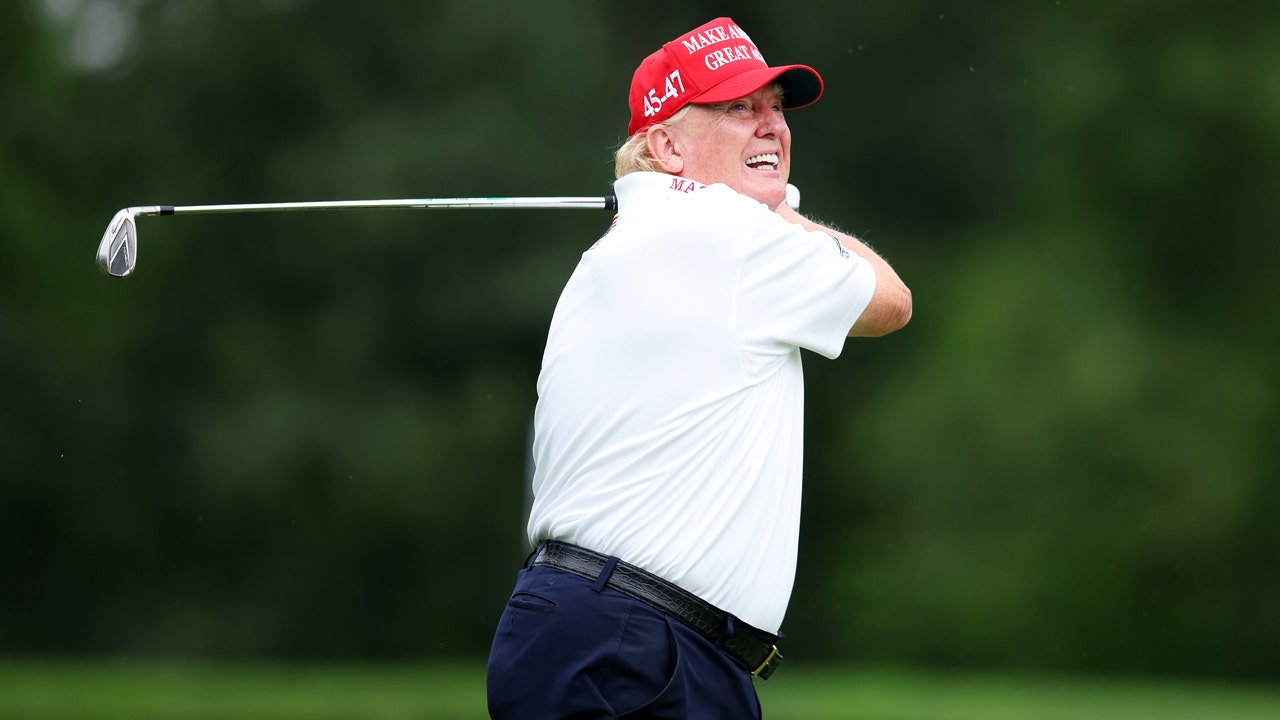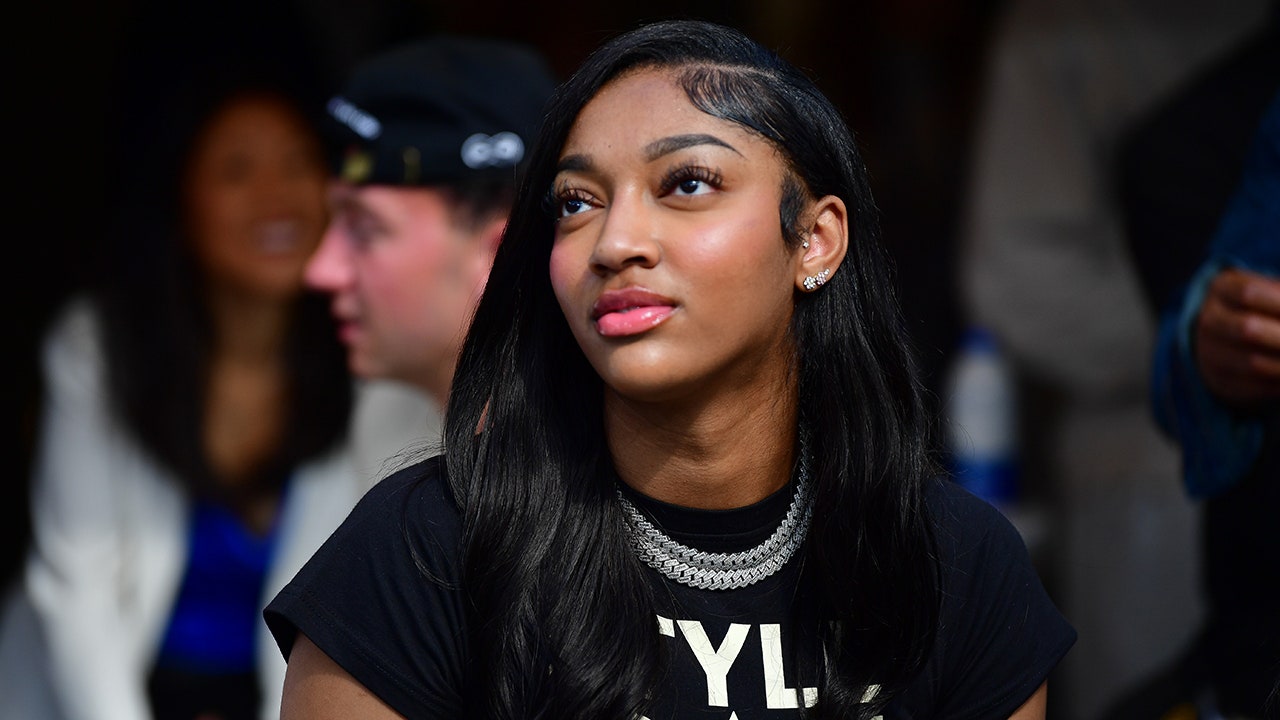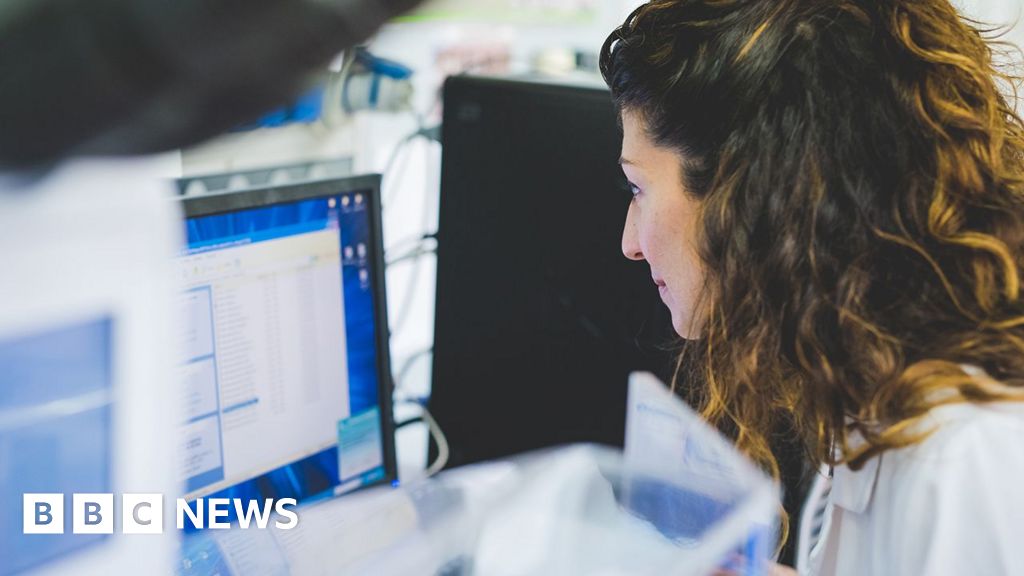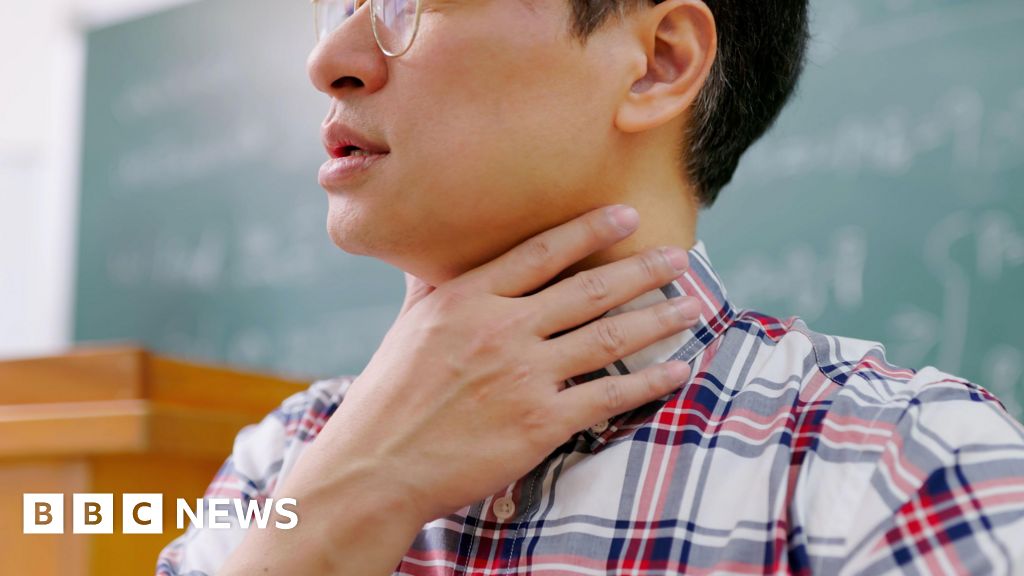Even then, exiled watchdog groups reported episodes of ballot-stuffing, voter intimidation at some polling stations and other attempts at manipulation, including the alleged busing of Putin supporters to vote multiple times at different locations. In areas of Ukraine occupied and illegally annexed by Russia, observers recounted how local authorities coerced people to participate in the election at “gunpoint.”
Election officials were walking around the occupied town of Novomykolaivka, a local official, who has since fled to other areas of Ukraine, told my colleagues, “in a brigade accompanied by an armed soldier. He was carrying a weapon, so it was a threat, not verbal, but in fact it was a threat of violence.”
Thousands of Russians in big cities attempted to make their displeasure known at both the nature of Putin’s regime and the ongoing war in Ukraine by going to vote at noon Sunday — a symbolic act of solidarity with the late pro-democracy activist Alexei Navalny, who had long called for fairer and freer elections in Russia before dying in captivity. Many spoiled their ballots. Russian authorities clamped down on other forms of dissent and tried to encourage voters to go to the polls ahead of the designated protest time.
“I came here today to express my position and do my part to show that there is still a political life in the country and that there are different opinions,” a man named Nikolai told my colleagues. “It’s important to show that people are not alone and that there is still support for this kind of action.”
That need to cling to hope is profound and meaningful for anybody struggling under an authoritarian regime. And, on a global scale, the need to locate such hope is becoming more necessary. As already outlined in Today’s WorldView, the bumper year of elections worldwide in 2024 comes at a moment of “democratic recession,” with the health of democracies around the world in notable decline.
A new study this month from the V-Dem Institute, a leading center for the analysis of comparative politics at Sweden’s University of Gothenburg, laid out some of the worrying macro-indicators. The institute’s annual Democracy Report measures a democracy using a multidimensional data set based on a number of factors, including the civil liberties and freedoms afforded to all citizens, and their ability to participate in fair elections.
This year’s report found 35 countries witnessing a decline in free and fair elections. In 2019, the number was only 16. An election in Putin’s Russia is a foregone conclusion — a regime going through the motions of democracy without any of its actual convictions. But other more genuine democracies are trending in Putin’s direction: V-Dem found that governments in 24 countries are increasingly “encroaching upon the autonomy of election management bodies,” undermining integrity in elections and casting doubt over the independence of the commissions that conduct them.
“The erosion of election quality is particularly alarming as elections can either reinforce or counteract the autocratization trend,” the institute noted. “Of over 60 countries holding national elections this year, 31 are worsening on their democracy levels, while only three are improving.”
In V-Dem’s analysis, the greatest source of concern is India, where the ruling Hindu nationalists under Prime Minister Narendra Modi look set to tighten an already outsize grip on power in upcoming elections. Some 42 countries are “autocratizing,” according to V-Dem, and 71 percent of the world’s population now lives in autocracies — up from 48 percent just a decade ago.
These findings dovetail with a gloomy Pew survey published last month. In polls put to respondents in a spread of 24 countries, researchers found that enthusiasm for “representative democracy” has slipped since 2017, when the organization conducted a similar survey. It found that a median 59 percent respondents were “dissatisfied with how their democracy is functioning,” and that close to three-quarters of those polled in countries as disparate as Argentina, Germany and Kenya felt that elected officials “don’t care” what they think. More than 40 percent said no political party in their country adequately reflects their views.
The survey found growing interest in alternatives to rule by elected officials, including an embrace of technocracy or even an autocratic strongman. “In 13 countries, a quarter or more of those surveyed think a system in which a strong leader can make decisions without interference from parliament or the courts is a good form of government,” noted Pew. “In four of the eight middle-income nations in the study, at least half of respondents express this view.”
Dictatorship or military rule, though, is not popular. And in its open-ended questions to respondents in two dozen countries, Pew found that people want more responsive politicians in power, term limits and liberalizing government forms. Putin’s Russia is hardly anyone’s ideal.








